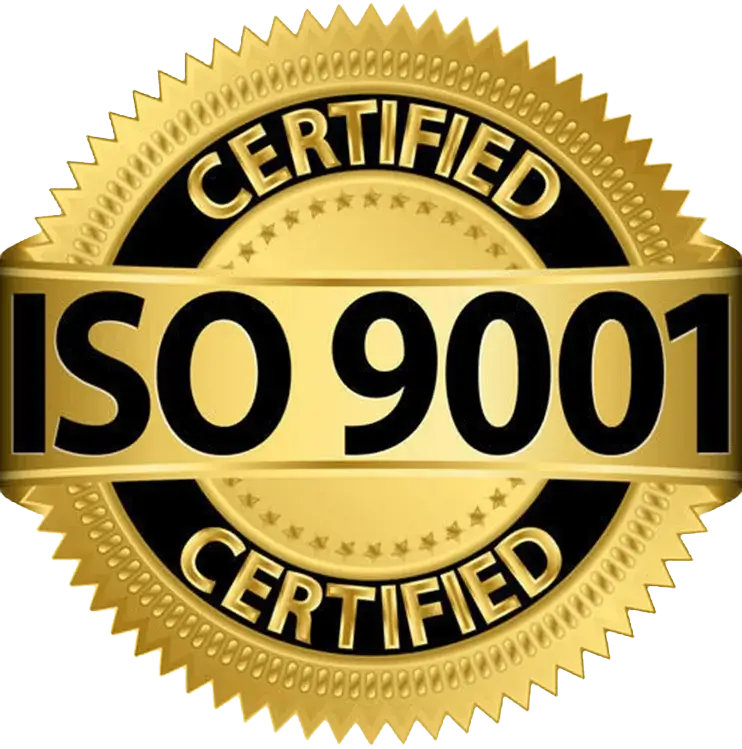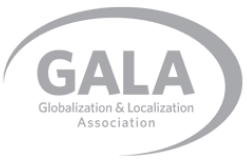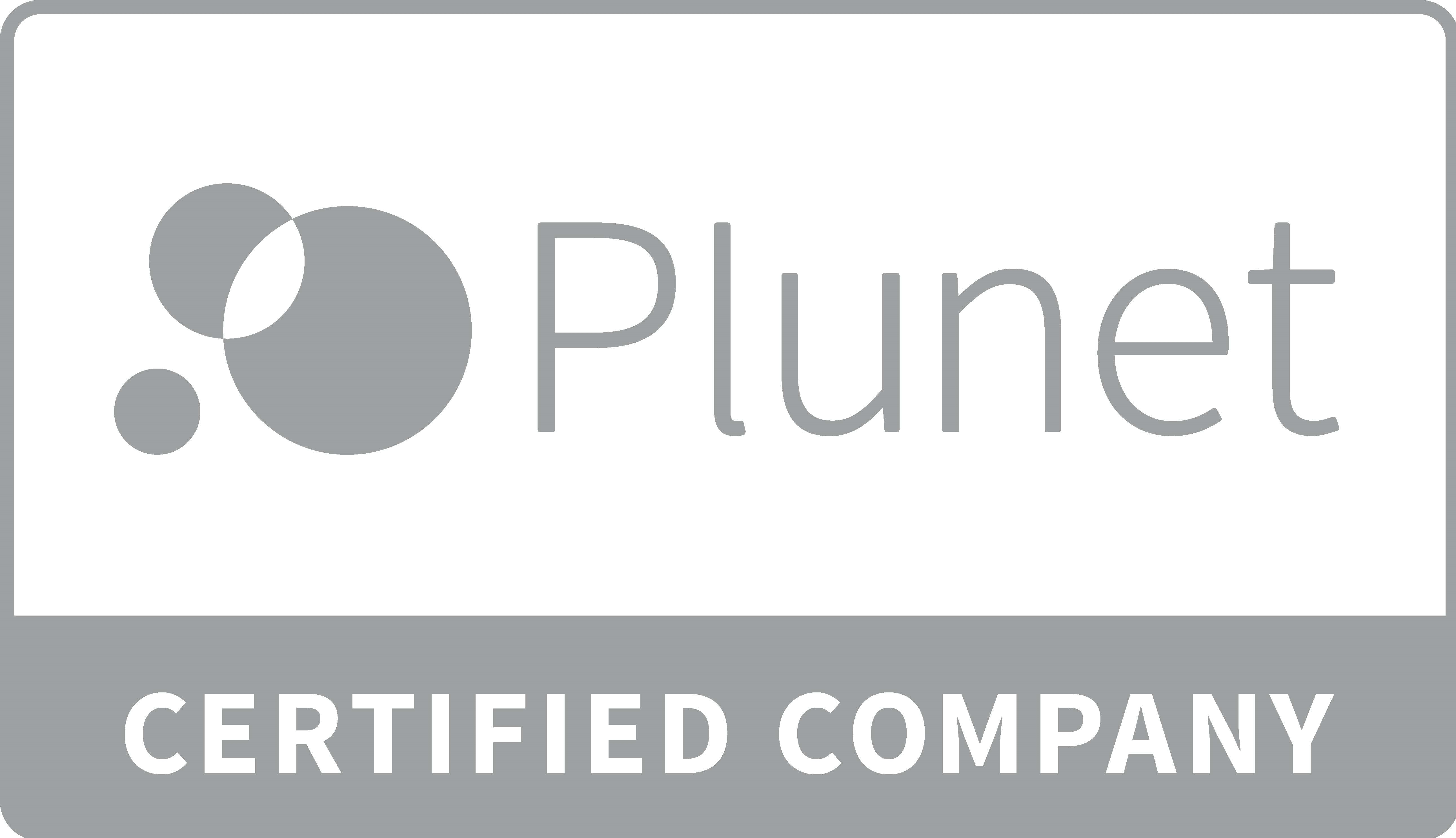In the face of globalization and technological advances, trade borders no longer exist, and the possibility of expanding business into different markets, anywhere in the world, represents an excellent prospect for many companies.
Recently, the Brazilian Ministry of Industry, Foreign Trade and Services (MDIC – Ministério da Indústria, Comércio Exterior e Serviços) published a report on its portal comparing total import and export volumes worldwide during the first quarter of 2016 and 2017, respectively. To give you an idea, this total was around $72 billion last year, compared to $86 billion in the same period this year.
In practical terms, this interchange of transactions is related to companies, their services and products, interacting with different markets and cultures. This brings us to a highly sensitive point, which companies should treat as strategic and crucial: communication.
Clear communication is one of the basic premises for any successful business. And when talking about communication intended for a foreign audience, this factor demands even more attention. Global brands and market leaders are well aware of this, treating the matter as strategic within their corporations, because they understand that this aspect is directly reflected in their brand’s sales.
A message that needs to be carried over from one language into another must be handled professionally, and that goes far beyond a “cold” translation from one language into another.
For example, it isn’t enough for the professional responsible for the work to be knowledgeable in the source and target languages. A quality translation must be provided by a native speaker, residing in the country to which the message is targeted, and specialized in the company’s market segment. This is because translation requires in-depth understanding of the original content, extensive knowledge of the local culture, terminology and political, economic and legal aspects of the target language country.
As proof of this, a recent survey conducted by the international consulting firm Common Sense Advisory indicated that 75% of consumers prefer to buy products and services in their own native language. In other words, if the communication doesn’t sound natural to the consumer, it will be apparent that the material was translated, and that will unconsciously keep the audience from becoming customers.
Another important point to be emphasized is that companies that see communication as a strategic factor understand that quality translation involves significant human capital, which is why it needs to be handled via a process that enables review and other quality assurance stages.
Considering this scenario, translation services emerge as an important gateway into the globalized business world, because quality translation has the power to overcome barriers and bring companies closer to their target audience.
On the other hand, low quality material can negatively impact business, leading to miscommunication and consequent rework, missed deadlines and decline in the company’s sales and revenue, aside from other problems such as the need to recall the product, fines for non-compliance with local rules, etc.
Currently the major challenge in this field is to make companies aware of this, because the market is highly fragmented and translation is often seen as a simple activity, a commodity, which is not the case.
Professional translation agencies use technology in favor of human sensitivity and adopt a strict quality process, which involves the work of specialists in various areas, such as translators, editors, project managers, DTP experts, etc. The quality stages, performed by different people on the same project, minimize the risks of delivering material to the client containing any errors.
As a result, the services offered by these professional agencies represent a different investment than, for example, agencies that view translation as an isolated activity. The price and the service offered are quite different between these two kinds of agency. The main impact on companies that choose a translation partner based solely on price is that they run a major risk of putting their business in a very delicate situation, not to mention the stress related to deadlines and rework, which falls on the shoulders of the professional in charge of the project.
Joining forces with the Purchasing department
To solve this deadlock, the best path is for companies to start seeking more information to better understand the differences between services available in the market and, more importantly, for the translation user to get involved in the purchasing process.
At major companies, the Purchasing Department is often responsible for hiring this kind of service for other divisions of the organization. If the buyer sees translation as a commodity, he/she will be very likely to choose a service provider based solely on price, which doesn’t always represent the best service.
In this case, it would be ideal for the user to indicate some evaluation points to be considered in the search, such as: the scope of contracted service, process adopted by the provider, the provider’s infrastructure in terms of technology, know-how, production capacity, file backups and assurance of information confidentiality.
Global brands today understand this importance and value quality translation. The next step is to make all companies with demands for translation services aware that good communication is a key element for those aiming to stand out in the market and expand their operations confidently.
About Netwire
Created in 2000, Netwire is a multilingual solution company that provides translation and localization into any language. With offices in Brazil and Argentina, the company serves approximately 25 market segments and has a network of hundreds of native translators, specialized in different business fields, residing all over the planet. In the past five years alone, Netwire processed over 110 million words, delivering an average of 400 projects per month. The company’s work methodology allows it to deliver high-quality translation service, which has attracted and earned the trust of major companies around the world.








